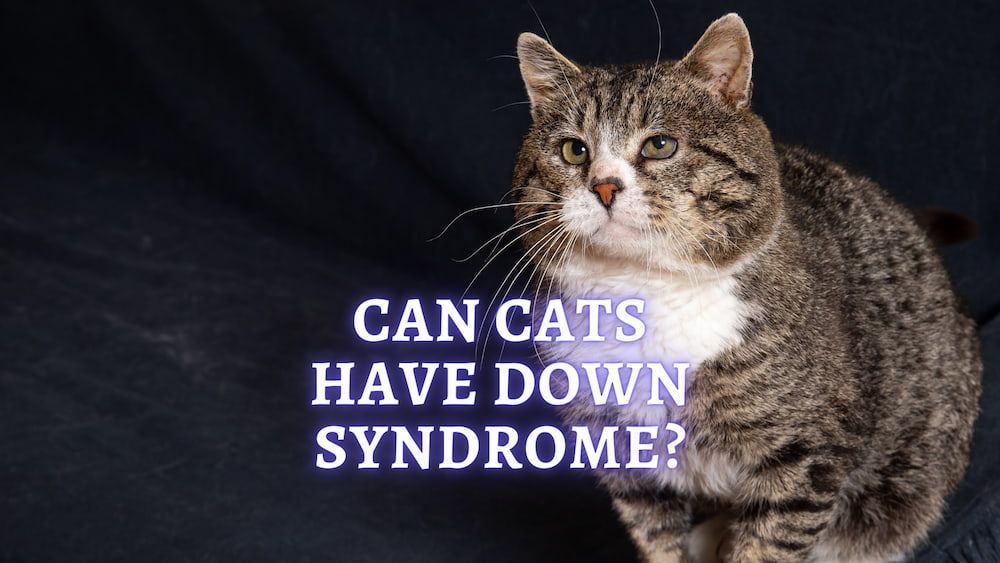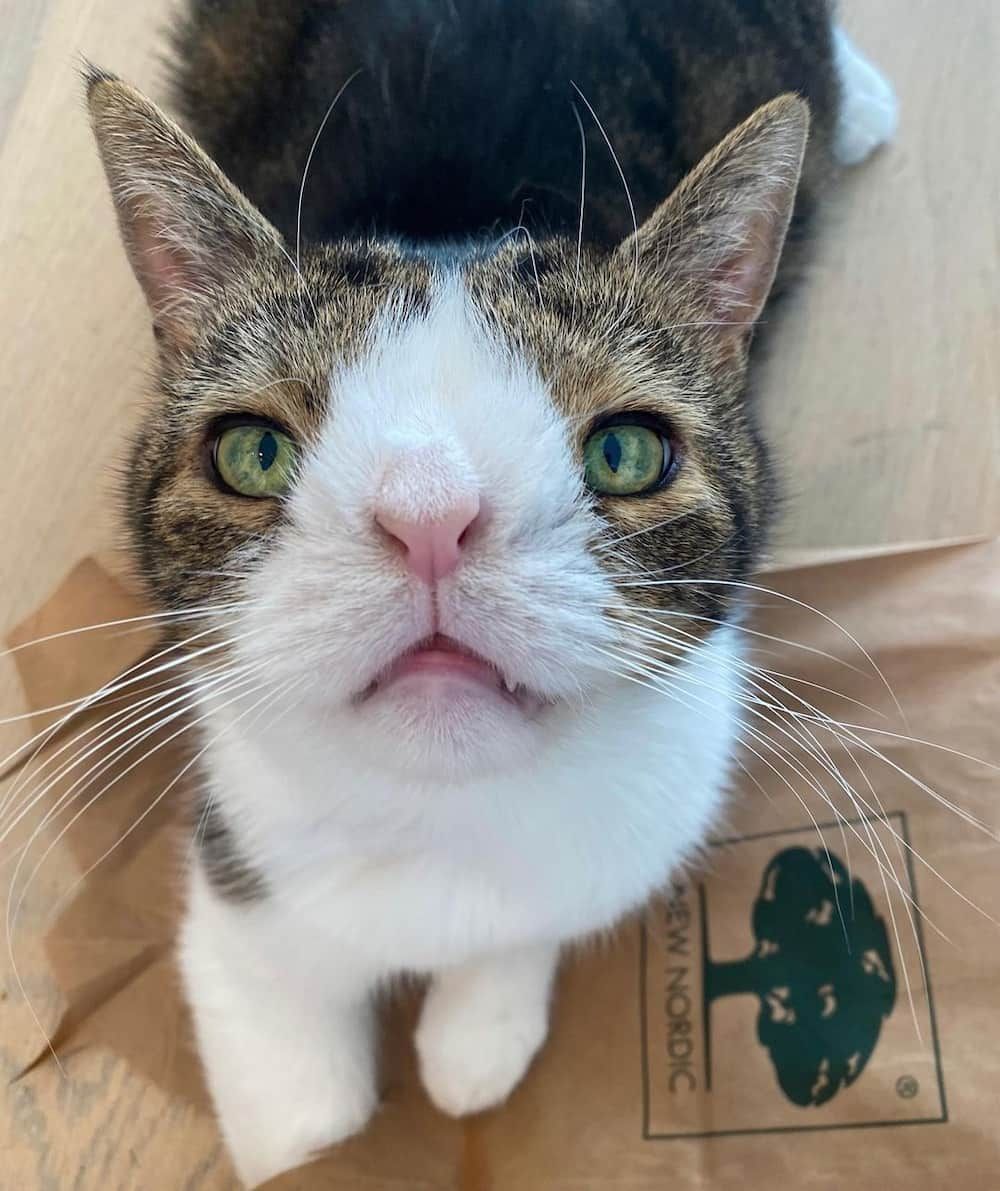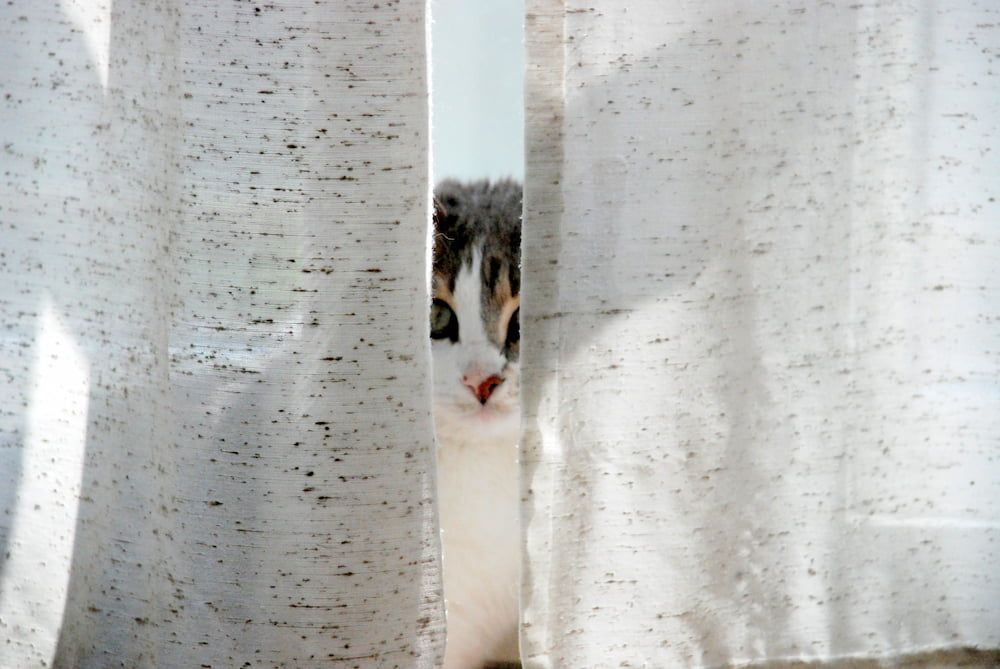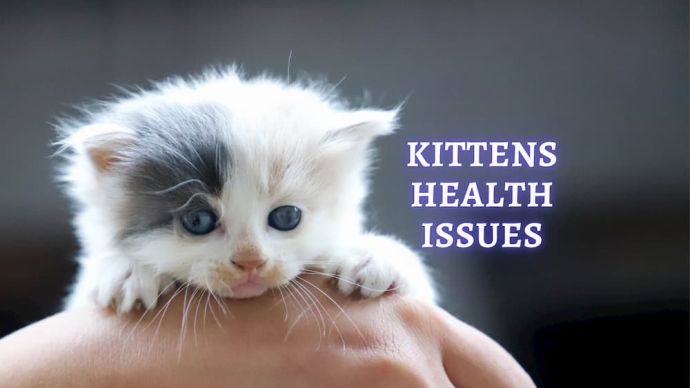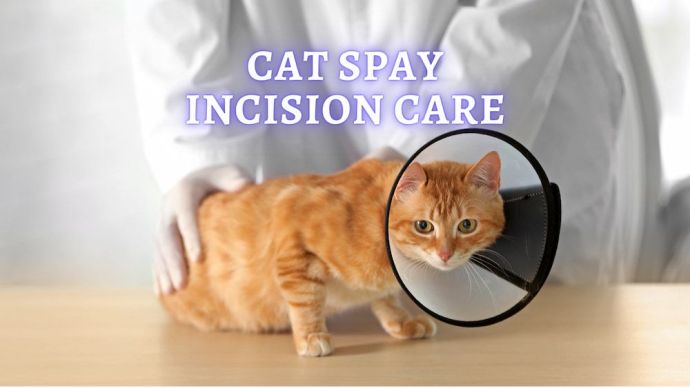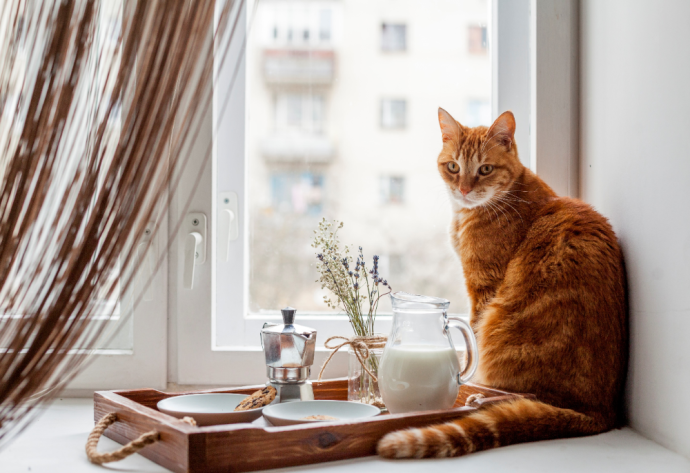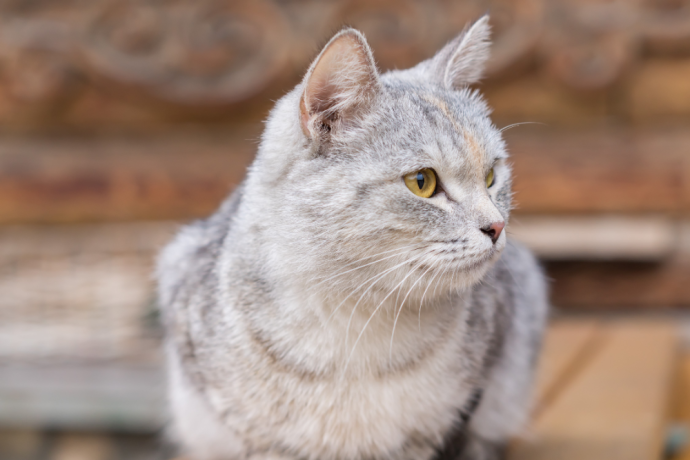Down Syndrome Cat: Can Cats Have Down Syndrome? (Vet Advice)
Written by:
Author: Dr. Linda Simon
Dr. Linda Simon is a veterinary surgeon working with seven years of experience. She is a fellow of the British Veterinary Association and specializing in animal medicine. Also, she has been the Woman magazine resident vet for the past two years and writes a regular column for them, focusing on pets and their health.
View all 30 articlesLearn about our editorial process and veterinary review board.
Viewed: 1357
Updated on: 06/10/2022
Down syndrome, or Down’s syndrome, is when a person is born with an extra chromosome. People affected can have learning difficulties and also have characteristic physical traits.
Have you ever wondered if a cat or another animal could have Down syndrome? Well, this article explains in detail why this doesn’t happen. Put simply, the feline down syndrome does not exist.
However, there are specific genetic mutations, neurological diseases and physical characteristics that cats can possess, which may be confused with Down syndrome.
Can a cat have feline Down syndrome?
The scientific explanation behind Down syndrome is that the person has been born with an extra chromosome 21. This is where the name ‘Trisomy 21’ originates. People who have Down syndrome can have the following signs:
- A mental impairment
- Stunted growth
- Low muscle tone
- Specific facial features such as a large tongue, flat nose and slanted eyes
Some people may wonder if cats have Down syndrome too.
One of the most obvious reasons cats cannot develop this condition is that they do not even have 21 chromosomes, and unlike humans, they only have 19. Thus, it is scientifically impossible for a feline to have Feline Down syndrome.
READ MORE: Cat Twitching in Sleep
Abnormalities and Disorders That May Resemble Down Syndrome in Cats
Perhaps you have seen a feline with certain behavioral or physical differences that stand out to you. In fact, several feline internet stars have their own social media accounts and look different from the average cat. These include Monty the Cat and Lil Bub.
These kitties are sometimes referred to by their followers as ‘Down syndrome cats’. To call them Down syndrome is inaccurate and should be avoided. If a chromosomal abnormality is suspected, genetic testing could be run to get a specific diagnosis.
Importantly, while these cats may have a chromosomal disorder or perhaps another medical condition, there is no such thing as Down syndrome cats.
Down syndrome-like symptoms
Some physical abnormalities that can be seen in cats with chromosomal or genetic disorders include:
- A broad nose.
- Wide-spaced eyes.
- Irregular eye shape.
- Congenital abnormalities such as heart defects.
- Clumsy or unbalanced walking.
- Low muscle tone.
Of course, these signs can be seen in felines who do not have genetic disorders. Some of these physical features can occur after a trauma, infection, or previous surgery.
RELATED: Wobbly Cat Syndrome
What if a cat has Down syndrome-like symptoms?
While we have established a cat cannot have Down syndrome as it is a condition unique to humans, certain syndromes and genetic disorders exist within the feline population that can affect their physical and mental abilities.
Below are some of the most common:
Cerebellar Hypoplasia
This condition occurs when the mother cat is exposed to the Panleukopenia virus (also called feline distemper) while pregnant. The kittens in her uterus may develop an under-formed cerebellum. Common symptoms can include wobbly walking and tremors. [1]
As it is a part of the brain which has not developed as it should, there is no cure for this condition and symptoms will not disappear. However, many cats will learn to adapt with time and can live relatively normal lives.
Maternal toxin exposure
A vast array of chemicals and toxins including weedkiller, pesticides and prescribed medications can lead to birth defects if the pregnant mother is exposed to them. Certain toxins are especially damaging to the developing fetus. The resulting issues can be both physical and mental in nature.
This is one of the reasons why it is so important to let your vet know if it is possible your cat could be pregnant when they are at the vet’s office. If they are in the first weeks of pregnancy, the vet may not realize it. So, if your kitty has been let out or has spent time with a male and is not spayed, make sure your vet is aware of this during the consultation.
Polyneuropathies
Any damage or disease that affects the peripheral nerves can cause an unusual gait and weakness. These conditions can be inherited but can also occur due to e.g. toxic or inflammatory causes. Some animals experience generalized weakness and tremors. [2]
Polyneuropathies are rare in cats and rarely seen in kittens.
Klinefelter syndrome.
This is a well-documented rare chromosomal abnormality in the cat. While it does not cause signs similar to Downs syndrome, it is a disease caused by an extra sex chromosome, so cats are born XXY. Almost all affected are sterile, meaning they cannot reproduce. [3]
READ MORE: Why Does My Cat Follow Me?
FAQ
What is feline Down syndrome?
Felin Down syndrome is not a recognised condition. While cats may have physical or mental conditions that can share some of the traits of Down syndrome, it is not technically possible for them to have it.
Can cats be autistic?
Autism and Down syndrome are two very different medical conditions. Autism is a complex condition that affects humans and can affect how a person interacts with the world and communicates with others. As far as we are aware, cats cannot have autism.
Can a cat have an intellectual disability?
Absolutely, some cats can have below-average intelligence and trouble learning and processing certain things. They can also have physical and behavioral abnormalities, mental health disorders, anxieties and medical conditions that can affect their cognition and ability to interact with the world.
Many of this will be caused by genetic disorders, but we also need to consider medical conditions or a history of trauma or abuse. When genetic or congenital, signs are generally obvious from a very young age.
Cats can also suffer with cognitive decline, whereby they become confused and can experience memory loss in their old age.
What do I do if my cat has special needs?
If you think your kitty may have a physical or mental disability, speak to your local clinic for some veterinary advice. They will be more than happy to talk you through what may be going on and to offer specific advice. What your cat needs and how you can assist them will be dependent on their unique needs.
As an example, some pet parents may have to adjust the home, to make it safer for a cat with trouble walking to get around. Other cats in the home should be able to cope well in most cases.
Article sources
- ”Congenital and Inherited Cerebellar disorders in mammals”. MSD Manual, Sep 2020. “https://www.msdvetmanual.com/nervous-system/congenital-and-inherited-anomalies-of-the-nervous-system/congenital-and-inherited-cerebellar-disorders-in-animals“
- ”Polyneuropathies of cats”. Anim practice Sep 2000. https://pubmed.ncbi.nlm.nih.gov/11023123/
- “An animal model for the XXY Klinefelter’s syndrome in man: tortoiseshell and calico male cats”. Am J Vet Res.1975 Sep;36(9):1275-80. https://pubmed.ncbi.nlm.nih.gov/1163864/
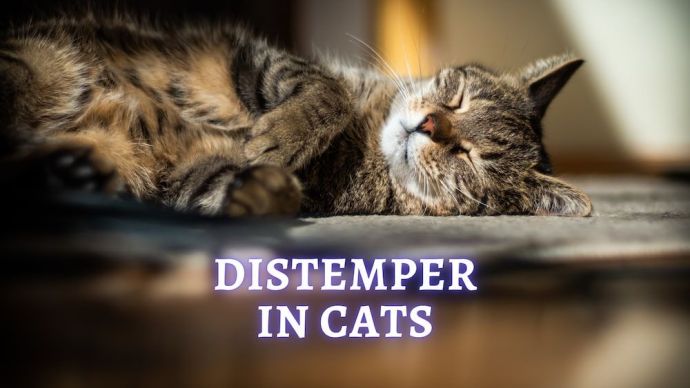 Cat Veterinary Tips Distemper in Cats: What is Feline Panleukopenia? Causes, Signs, Diagnosis and Treatment
Cat Veterinary Tips Distemper in Cats: What is Feline Panleukopenia? Causes, Signs, Diagnosis and Treatment - 298
- 0
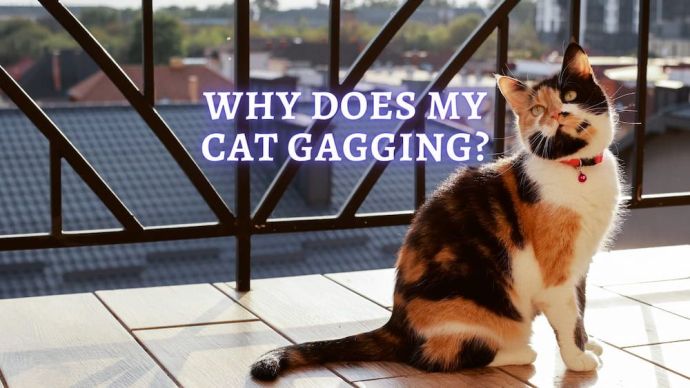 Cat Veterinary Tips Cat Gagging: Why Does My Cat Keep Gagging But Not Throwing Up? (Vet Advice)
Cat Veterinary Tips Cat Gagging: Why Does My Cat Keep Gagging But Not Throwing Up? (Vet Advice) - 1809
- 0
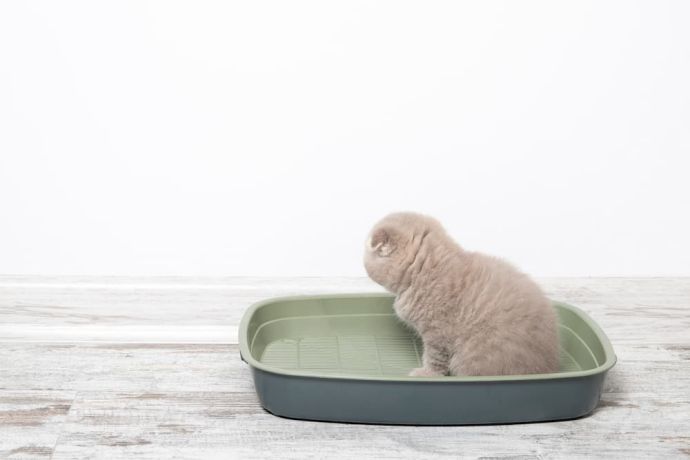 Cat Veterinary Tips How to Get Rid of Cat Urine Smell in Your House? (Vet Advice)
Cat Veterinary Tips How to Get Rid of Cat Urine Smell in Your House? (Vet Advice) - 325
- 0
 Cat Care Why Does My Cat Attack My Legs? 10 Reasons Why and What To Do About It (Vet-Approved Advice)
Cat Care Why Does My Cat Attack My Legs? 10 Reasons Why and What To Do About It (Vet-Approved Advice) - 46013
- 21
 Cat Veterinary Tips Cat Stomach Gurgling: Vet Advice on Why is Your Cat Stomach Gurgling?
Cat Veterinary Tips Cat Stomach Gurgling: Vet Advice on Why is Your Cat Stomach Gurgling? - 36469
- 4
 Cat Veterinary Tips My Cat Lost its Voice: Can Cats get Laryngitis? (Vet Advice)
Cat Veterinary Tips My Cat Lost its Voice: Can Cats get Laryngitis? (Vet Advice) - 23554
- 13









